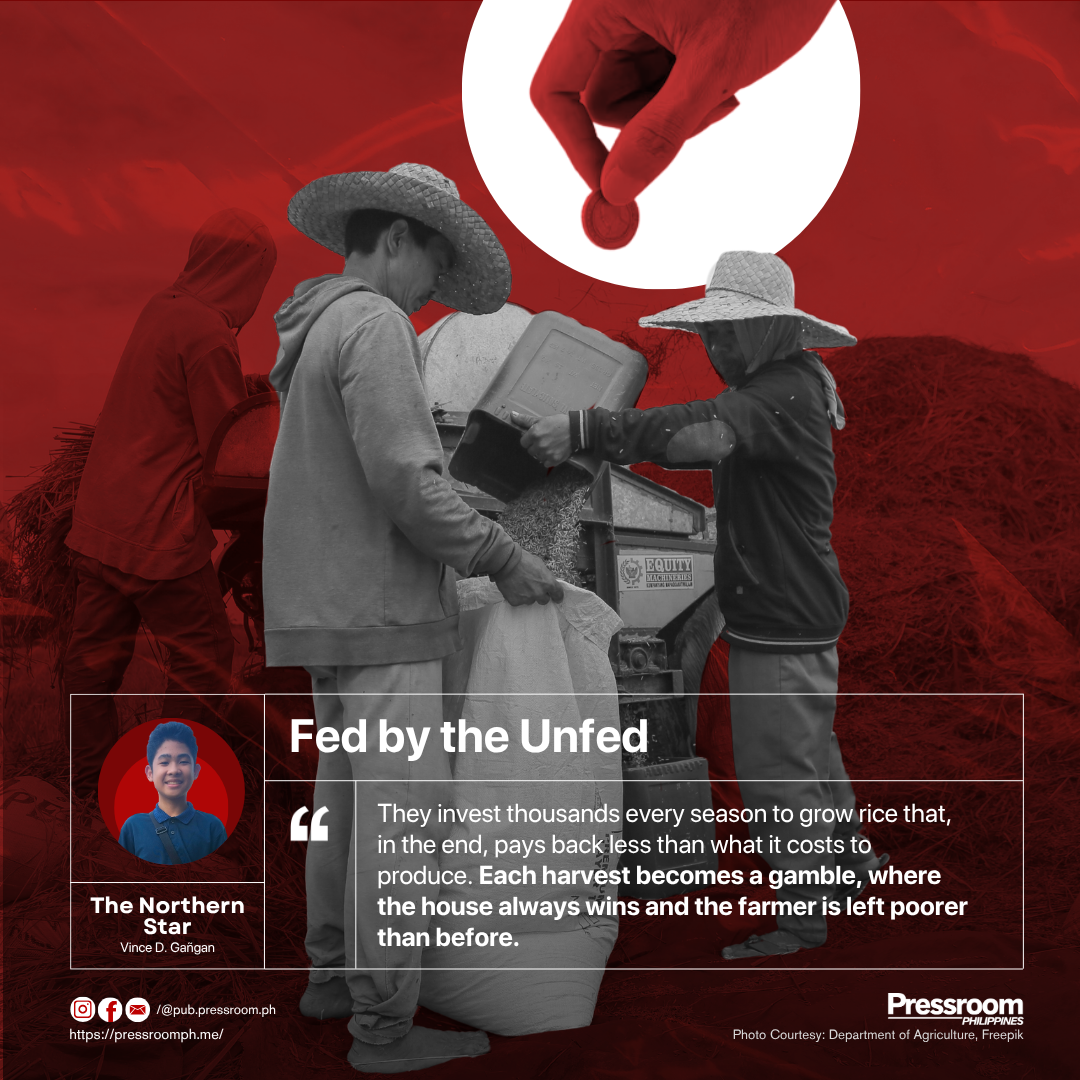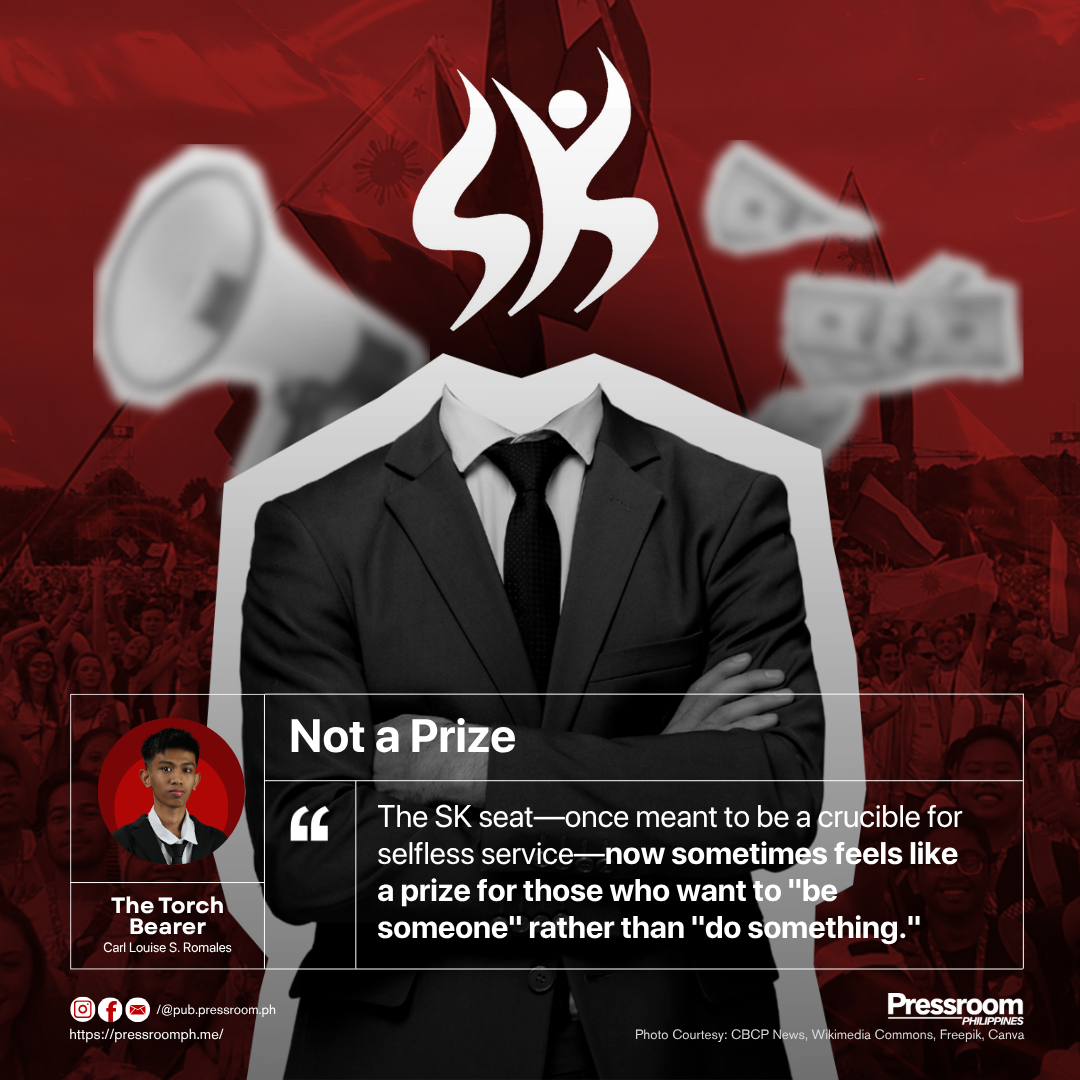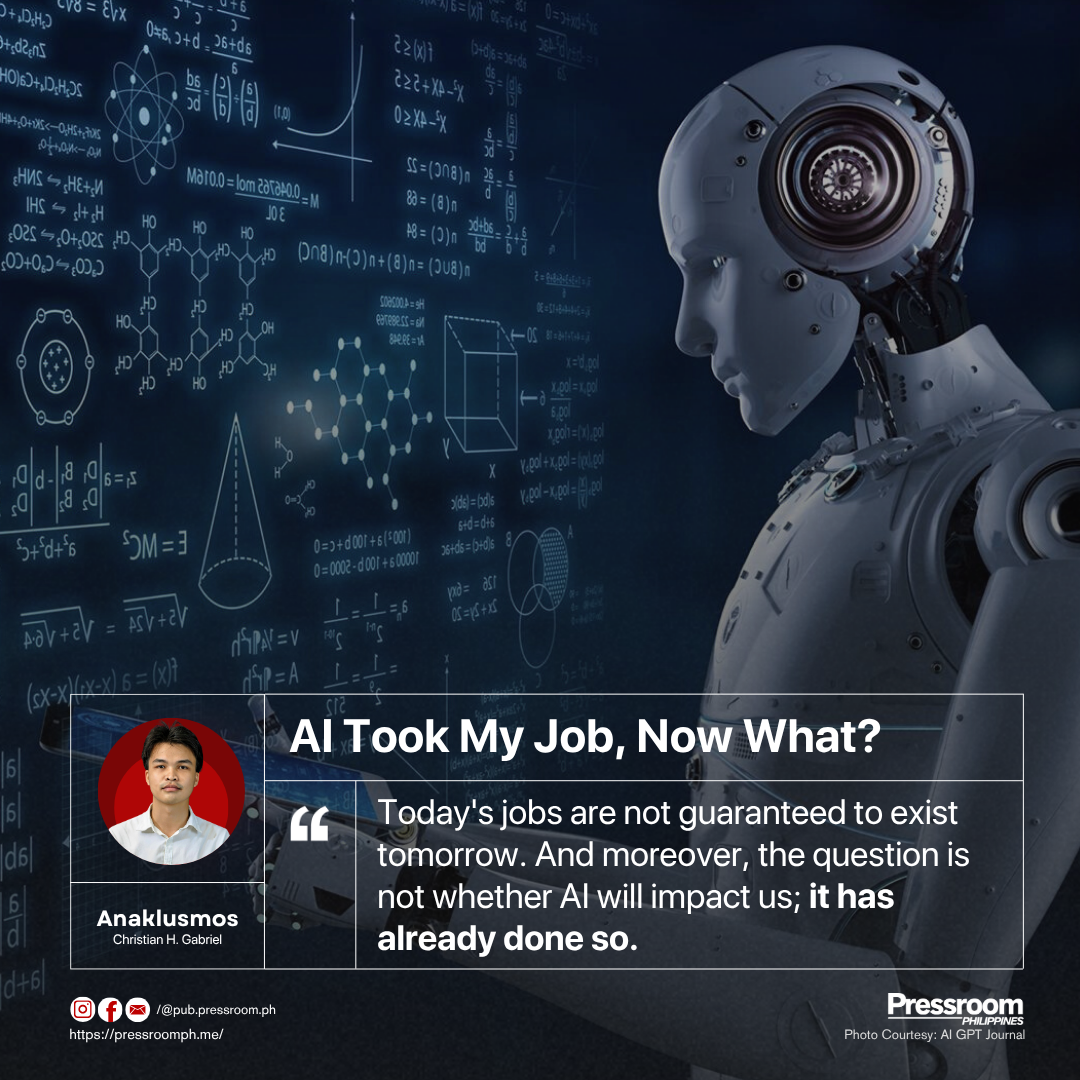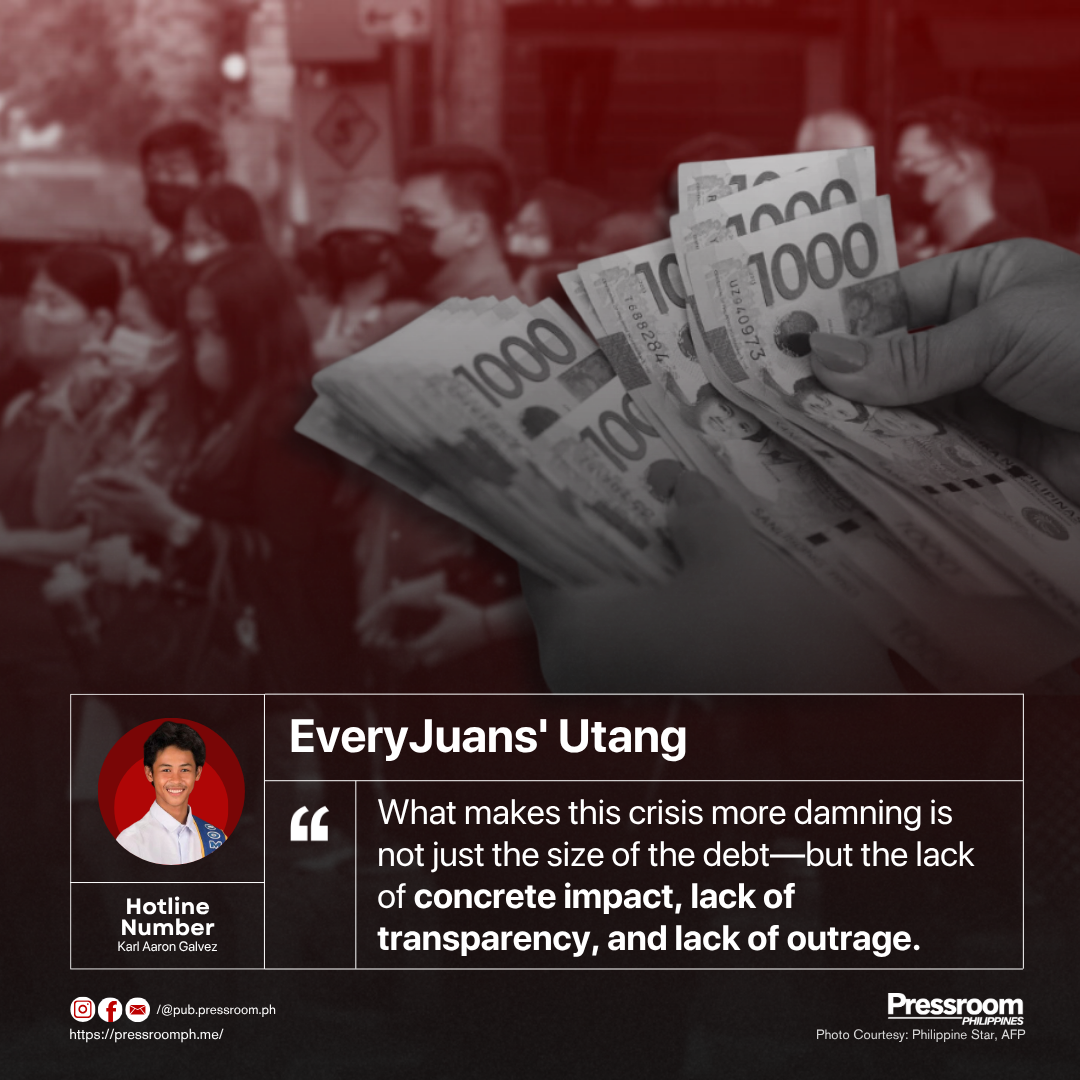Being a farmer is hard—draining, rather. You constantly plow the fields, hands stained by the soil, sweating buckets under the scorching sun, all while still having no choice but to endure the backbreaking labor. Yet, even more painful than the physical toll is the harsh irony: despite all the harvesting, planting and feeding millions of fellows—it is the harvesters themselves who are left with nothing on their plates.
In a country where rice is sacred and agriculture is the cultural backbone, it is almost criminal that the very people who grow our food are the ones who suffer hunger the most. We call them “bayani ng bukid”—heroes of the fields—but we treat them like expendables. While we scroll through food delivery apps and debate over overpriced lattes, thousands of farmers across the Philippines eat only once or twice a day. These are not isolated cases. This is a national disgrace.
Farmgate prices for palay remain painfully low. According to the Philippine Statistics Authority (PSA), national average farmgate prices hovered around P17–P19 per kilo through early to mid‑2023, depending on the month and region. Sometimes down to P16 in Eastern Visayas or as high as P22 in Central Visayas and Northern Mindanao.
In contrast, according to PalayStat data and consumer reports, retail rice in the market sells for approximately P35–P60 per kilo depending on grade, regular to premium varieties. That gap means farmers receive only a fraction of the final price, while middlemen and retailers pocket the rest.
On top of these unfair prices, farmers shoulder crushing expenses just to plant their crops. Seeds, fertilizers, pesticides, irrigation fees, and fuel eat up nearly everything they earn, leaving them with barely anything once the harvest is sold. They invest thousands every season to grow rice that, in the end, pays back less than what it costs to produce. Each harvest becomes a gamble, where the house always wins and the farmer is left poorer than before.
The government throws around buzzwords like “modernization” and “food security,” but the reality on the ground is a cracked irrigation pipe, a mud path that swallows harvest trucks whole, and a promised subsidy that never arrives. When typhoons strike, politicians pose for photo-ops with relief goods. Then they vanish, just like the aid they promised.
Worse, the Rice Tariffication Law flooded the market with cheap imports, choking local farmers out of their own livelihoods. We were told it would lower rice prices. It did, for a while that is. But at what cost? Farmers lost income. Others abandoned their fields. Some were forced to leave agriculture altogether. And still, the country remained food insecure.
Meanwhile, many Filipino farmers don’t even own the land they plow from sunrise until sunset. Land reform, decades in the making, is either stalled, corrupted, or reversed. How do you ask someone to fight for a land that’s never truly theirs? We demand miracles from them, but give them no reason to stay in the field.
It’s no wonder why most farmers are aging, and why their children would rather work abroad or in fast food than take on the same life. Farming has been painted as a dead-end. Always romanticized in speeches but brutalized in practice.
To truly honor our farmers, we need more tributes other than just wooden statues, speeches of gratitude, or a few sacks of free fertilizer. We need structural change. Protect local agriculture. Set fair farmgate prices. Cancel exploitative debts. Provide modern equipment, accessible loans, and guaranteed markets. Reform agrarian policies with actual intent—not just political flavor.
Let's not forget to remember the most important part, and that is to listen to the farmers themselves. Include them in policy-making. Fund their cooperatives. Bring their voices to the front, not just when it’s election season but every single time we talk about food, economy, or survival.
At the end of the day, food doesn’t come from supermarkets. It comes from tired hands, parched lips, and calloused hope. Let's stop calling farmers heroes unless we are ready to fight for the justice they truly deserve. The farmer feeds you, but who feeds the farmer? Until we have a clear answer to that question, our full plates will always be built on their empty ones.






